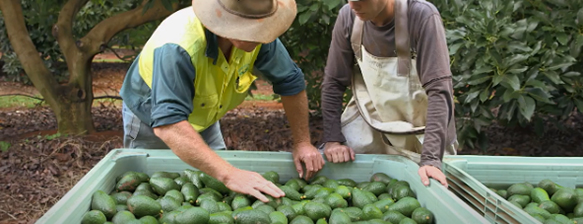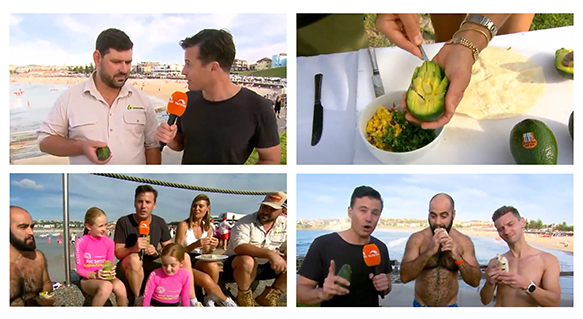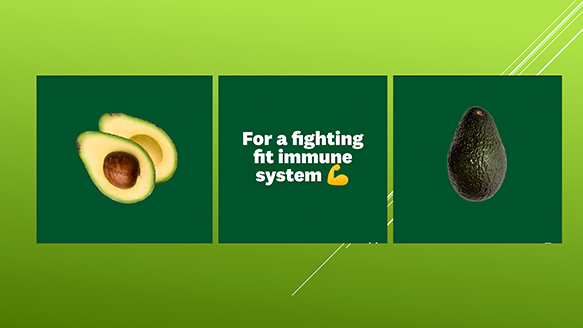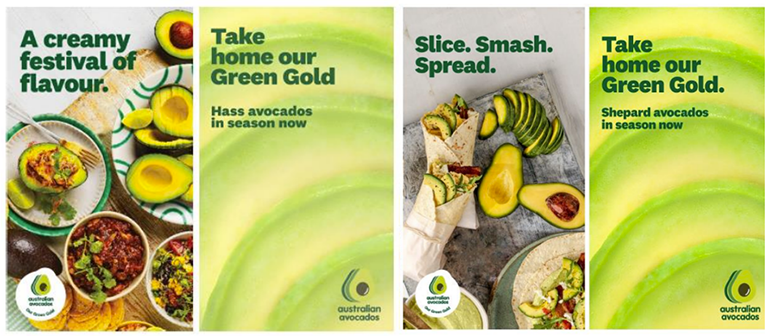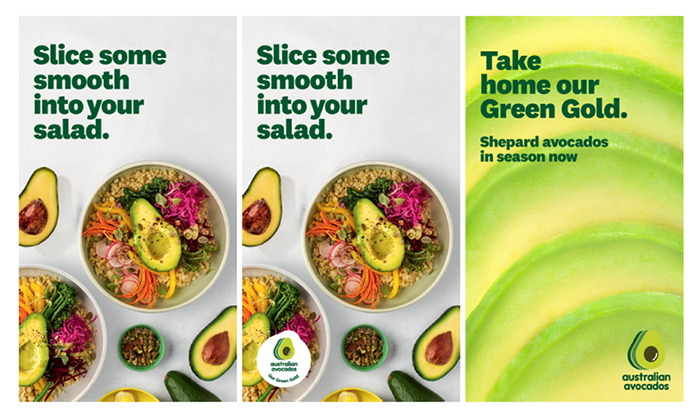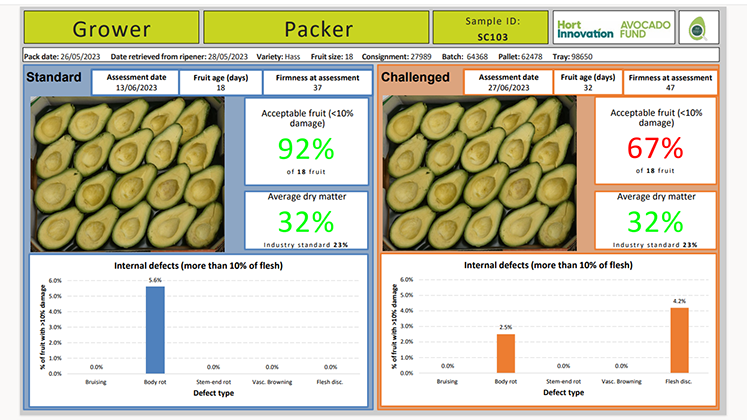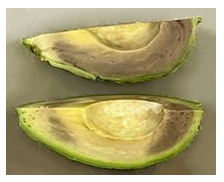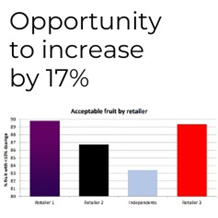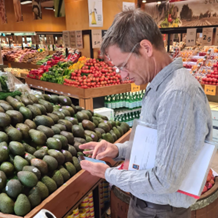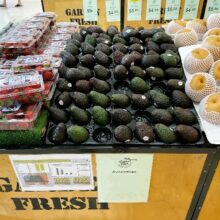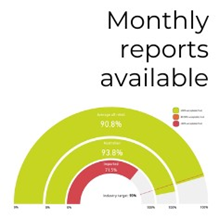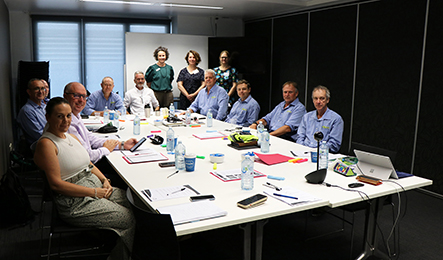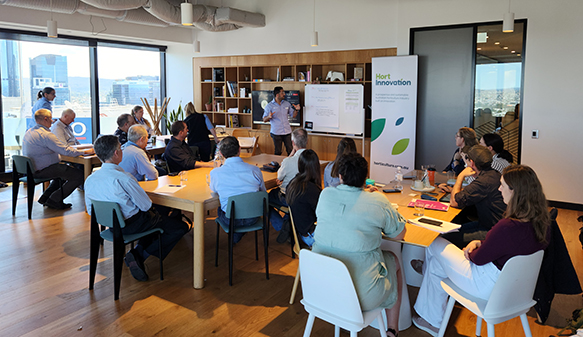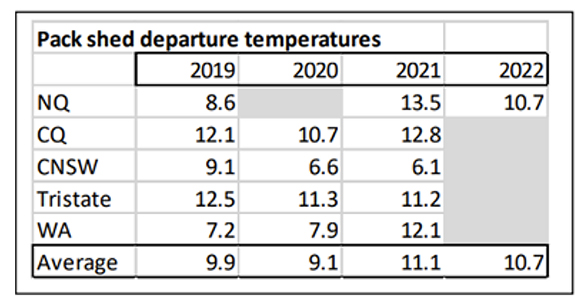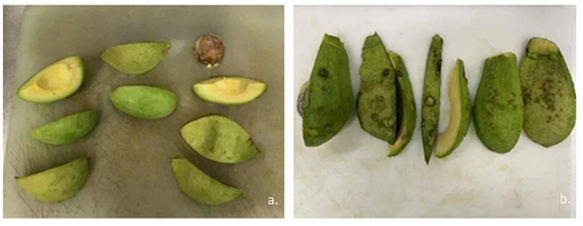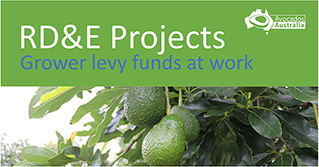
Workshop and Roadmap for the way forward for Irregular Bearing (AV23014)
The irregular bearing workshop and roadmap project is a Hort Innovation avocado levy-funded initiative aiming to provide strategic direction for subsequent industry investments, specifically focused on improving the management of irregular and alternate bearing.
Identified as a high-priority area for practice change in the ‘Australian Avocado Industry Extension Strategy 2023-2027 – Transition to 2027’, the management of irregular and alternate bearing have a range of causal factors that can differ with production regions, which extend from Far North Queensland to South West Western Australia.
Led by Wilkie Horticulture with support from the Department of Agriculture and Fisheries in Queensland, the project will have a duration of six months, culminating in the development of an irregular and alternate bearing R, D&E Roadmap.
The process for developing the Roadmap has several stages. First, a project reference group will be set up to guide the project activities. The project will then collect information on growers perceptions and practices around irregular and alternate bearing through a grower survey. The project will also undertake a literature review on alternate and irregular bearing in avocado and other tree crops. The information from the survey and literature review will be presented at the Workshop and used in the Roadmap development. An expression of interest (EOI) will be used to select growers and consultants for attendance at the workshop, at which a range of presentations, discussion sessions and co-design sessions will occur and be used to develop the Roadmap. Following the Workshop, industry will be given the chance to provide feedback on the draft Roadmap through a subsequent one-day feedback session in Western Australia, webinars and written responses.
Specific project activities are outlined as follows:
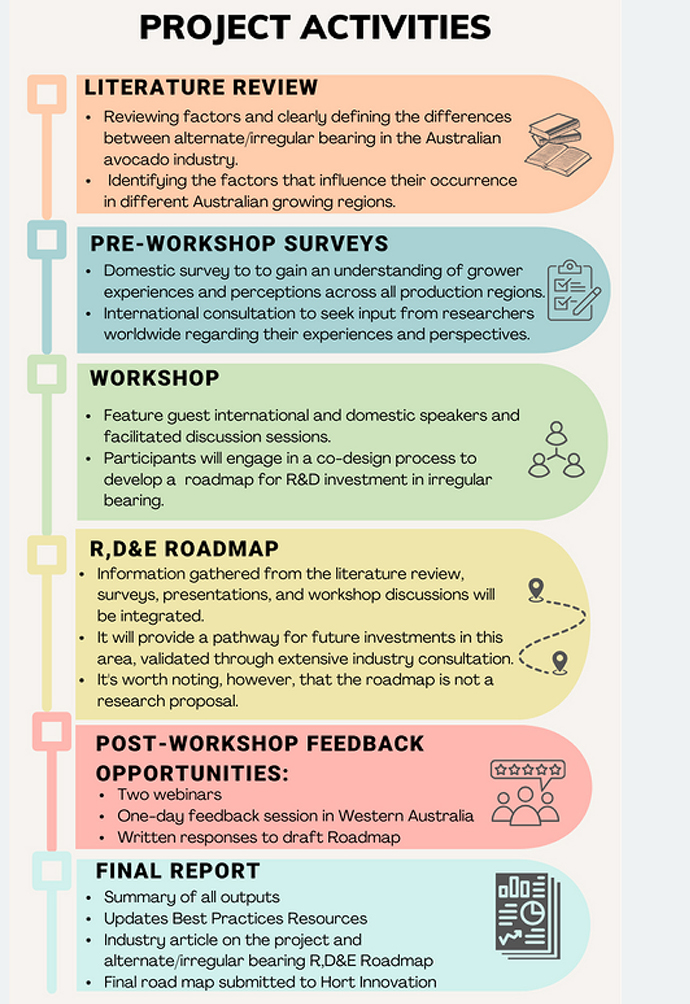
All the activities will be communicated with a project reference group (PRG). Members will provide feedback to the project team on the draft surveys, the Workshop design and planning, and the Roadmap. We welcome input from the entire industry and encourage everyone to participate in the surveys. For further information, please feel free to reach out to the project lead, Dr John Wilkie (wilkiejd01@optusnet.com.au).

This workshop and roadmap for the way forward for irregular bearing has been funded by Hort Innovation, using the avocado research and development levy, contributions from the Australian Government and co-investment from the Queensland Government Department of Agriculture and Fisheries. Hort Innovation is the grower-owned, not-for-profit research and development corporation for Australian horticulture.
This RD&E Project Update is part of the 19 April 2024 issue of the Guacamole enewsletter.
